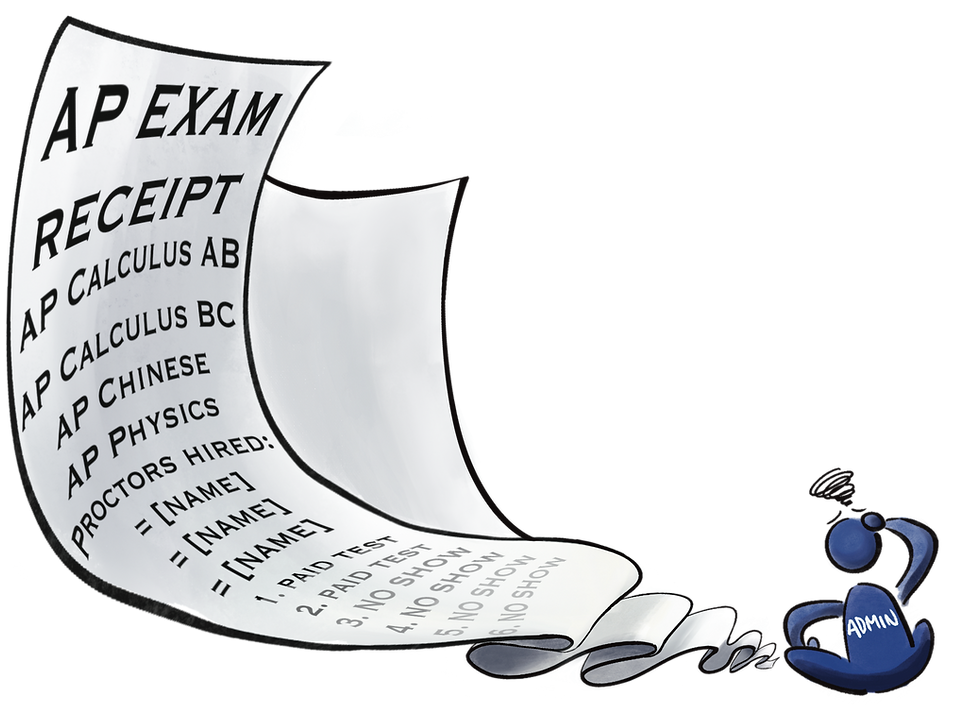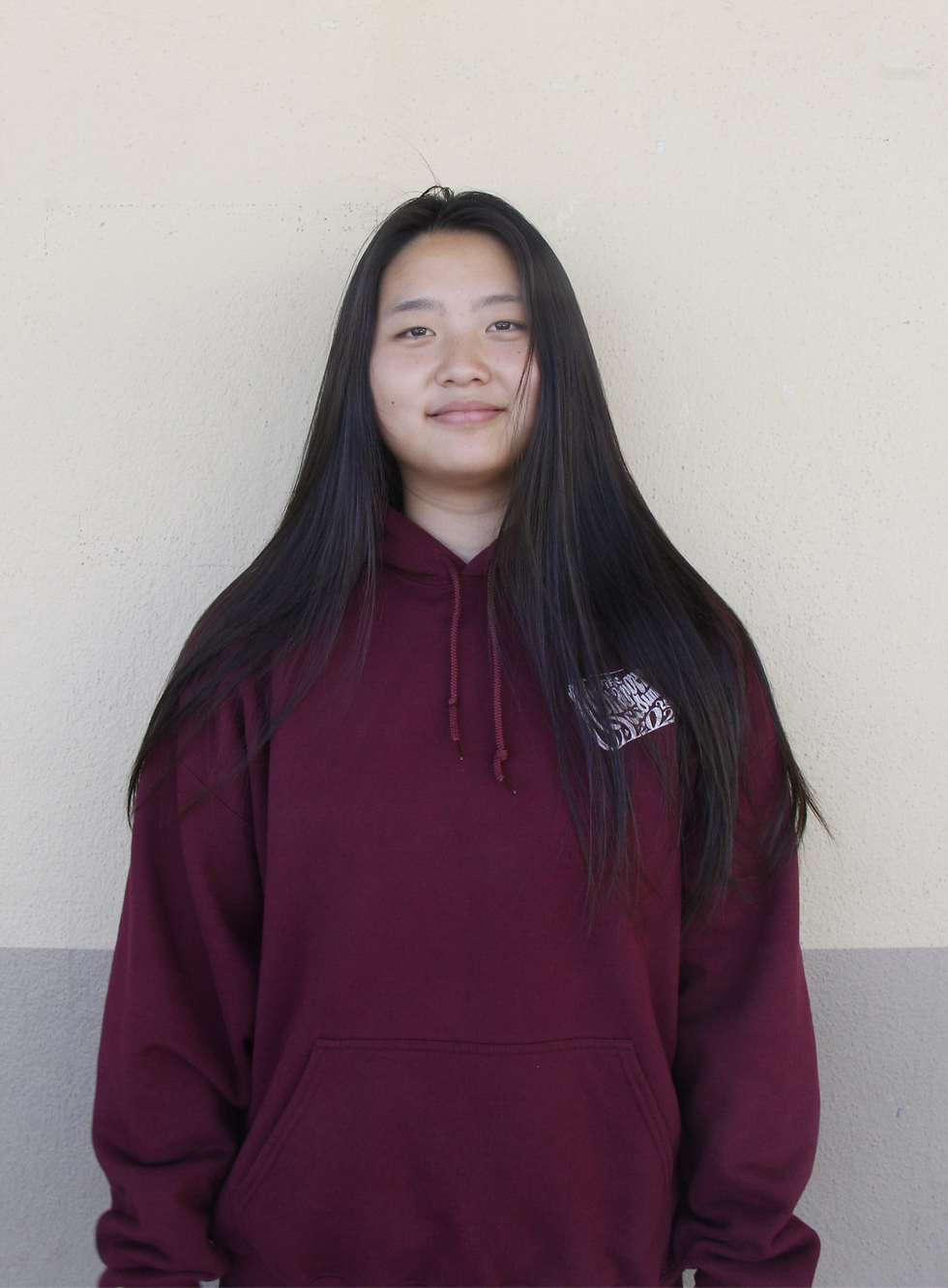Alterations to AP Testing Accommodations
- Sep 23, 2025
- 3 min read
Updated: Oct 2, 2025
By Brandon Koo Sep. 24 2025

Each May, hundreds of students line up in front of classrooms, cafeterias and gymnasiums to take the exams they have been preparing for the entire school year: the Advanced Placement (AP) exams. This year, , changes are made to the exams offered because of various pressures faced by the school in its allocation of resources; the exam of AP Chinese Language and Culture, a subject not taught at the school, will no longer be offered and the school may not support any registration for AP exams from self-study students.
AP curricula, set by the College Board, are college-level courses offered to high school students, designed to challenge high-achieving students with advanced materials. At the end of the school year, students can take the standardized AP tests, which assess them on a five-point scale, where high scorers can often earn college credit.
The school administers around 2,300 tests each year, which is around three times the amount of most other schools in the district. As a result, the school faces a significant amount of logistical challenges when hosting the exams each May.
One limitation is the room assignments; the school has only four empty classrooms readily available for testing in addition to several non-academic areas such as the cafeteria, gymnasiums and media center. Separate rooms are required for students with accommodations, and on days where the testing crowds are especially large, classes need to be rearranged to ensure the school day can still carry out normally for non-test takers.
Furthermore, the College Board’s recent transition to digital or hybrid tests adds another layer of difficulty for students. The school must ensure that all chromebooks are properly configured and ready for testing on the exam date. The school hired nine proctors for the May 2025 exams, and the cost of administering added up to over $10,000. The district pays for both the cost of the test and the proctoring fees to provide free AP testing for both enrolled and self-study students.
Additionally, when students do not show up for their registered exam, the College Board fines the school an additional $40 per test. Over the past years, self-study students have shown a higher tendency to do a no-show compared to enrolled students, likely because of the self-motivated pacing and the absence of any financial stake in their registration for the exams.
“Self-studying students often struggle to grasp mathematical topics conceptually. While they may reach the correct answer, lacking a strong understanding of why they take certain steps can hinder long-term learning and their ability to progress in more advanced subjects,” Julie Montgomery, Math Department, said.
This is observed in her class, where last year, 98% of her AP Calculus BC students scored fives on the exam, but no more than 50% of self-study students received the same score.
Students like Sophomore Rayhan Ashraf, who is self-studying AP Calculus BC, recognize the challenges of preparing for an exam without the structured guidance from a class.
“Self-studying means you have to set your own goals and landmarks without it being enforced by anyone but yourself. Although achieving a good grade year round may be difficult, the structured curriculum of a class and the ability to ask teachers personalized questions preparing for the exam easier,” Ashraf said.
As hosting exams remains a difficult task, the school holds off from promising testing spots for self-study students. As for AP Chinese Language & Culture, the number of exam takers has decreased over time. The official exam date set by the College Board also often overlaps with other commonly taken AP exams, increasing the difficulty of scheduling for late testing.
“I had planned to take the AP Chinese Language and Culture exam with the school in May 2026; it is quite tedious now that I have to look for paid testing locations outside of school instead of having it covered for free,” Freshman Nina Niu said.
Although the high volume and the no-show rates have made hosting various exams unsustainable at the school, self-study students can still take exams at other locations with their absences excused. At the end of the day, the school has made the decision that would most sustainably benefit students in the long run, balancing the requests of students with what is logistically practical.
About the Contributors

Brandon Koo
staff writer
Brandon Koo is a sophomore at Leland High School and a staff writer for The Charger Account. He can be found on the tennis courts practicing, working out, or listening to R&B in his room. Brandon also enjoys going on sunset walks or taking bike rides on the hills.

Mingyue Xiao
artist
Mingyue Xiao is a junior at Leland High School and an artist for The Charger Account. She keeps busy reading, dancing, and drawing designs for her art projects.









Comments